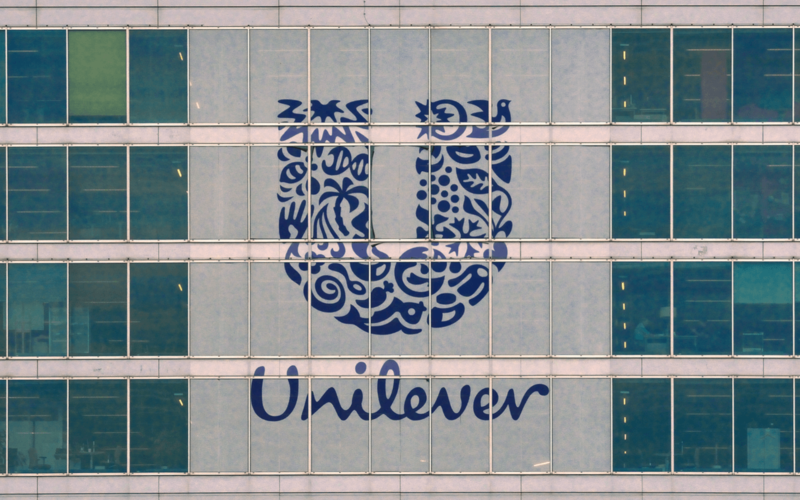
EBRD extends $ 21.3 m loan to Red Sea wind energy farm in Egypt
The European Bank for Reconstruction and Development (EBRD) is supporting the development and sustainability of ...

Unilever brands will collectively invest €1 billion in a new dedicated Climate & Nature Fund under the company’s new set of actions that have been recently declared within the framework of commitment to the United Nations Sustainable Development Goals (SDGs).
The company will use this fund over the coming ten years to implement initiatives that protect and improve the health of the planet. These could include projects that restore landscapes, reduce carbon emissions, or reforest and reinstate wildlife habitats.
This will build on all the great work the company is already doing. For example, Ben & Jerry’s reducing greenhouse gas emissions from dairy farms, Seventh Generation advocating for clean energy for all and Knorr supporting farmers to grow food more sustainably.
“Our collective responsibility in tackling the climate crisis is to drive an absolute reduction of greenhouse gas emissions, not simply focus on offsetting – and we have the scale and determination to make it happen,” explains Marc Engel, Unilever Chief Supply Chain Officer. “But this is not enough. If we want to have a healthy planet long into the future, we must also look after nature: forests, soil biodiversity and water ecosystems.
“In most parts of the world, the economic and social inclusion of farmers and smallholders in sustainable agricultural production is the single most important driver of change for halting deforestation, restoring forests and helping regenerate nature. In the end, they are the stewards of the land. We must, therefore, empower and work with a new generation of farmers and smallholders in order to make a step change in regenerating nature.”
The company will introduce a new Regenerative Agriculture Code for all its suppliers, which builds on its existing Sustainable Agriculture Code.
Unilever will also implement water stewardship programs to 100 locations in water-stressed areas by 2030 and join the 2030 Water Resources Group partnership to scale water resilience programs.
Under the new set of SDGs commitment, the company has declared its commitment to net zero emissions from all its products by 2039 – from the sourcing of the materials we use, up to the point of sale of its products.
The company is challenging itself to even higher standards to protect high carbon ecosystems like forests, peatlands and tropical rainforests, and it will have a deforestation-free supply chain by 2023.
The company has celebrated last month the implementation of its 10-year Sustainable Living Plan under which the company announced last year bold targets to keep plastic in the circular economy – where it is reused, recycled or composted – and stop it from ever finding its way into the environment.
Unilever’s new commitments are the next step. “While the world is dealing with the devastating effects of the Covid-19 pandemic, and grappling with serious issues of inequality,” says Unilever CEO Alan Jope, “we can’t let ourselves forget that the climate crisis is still a threat to all of us. Climate change, nature degradation, biodiversity decline, water scarcity – all these issues are interconnected, and we must address them all simultaneously”
“In doing so, we must recognize that the climate crisis is not only an environmental emergency; it also has a terrible impact on lives and livelihoods. We, therefore, have a responsibility to help tackle the crisis: as a business, and through direct action by our brands.”
The European Bank for Reconstruction and Development (EBRD) is supporting the development and sustainability of ...
The Food and Agriculture Organization of the United Nations (FAO), in partnership with the Azerbaijan ...
About 18 new green shipping corridor initiatives emerged worldwide in the last year alone – ...


اترك تعليقا